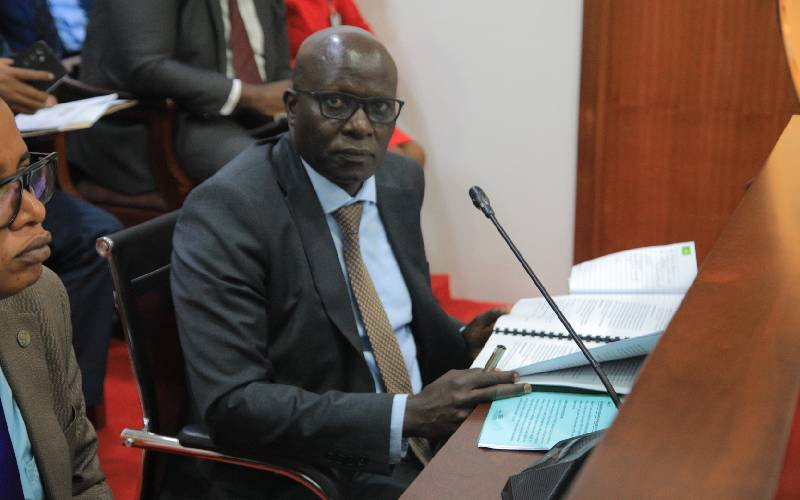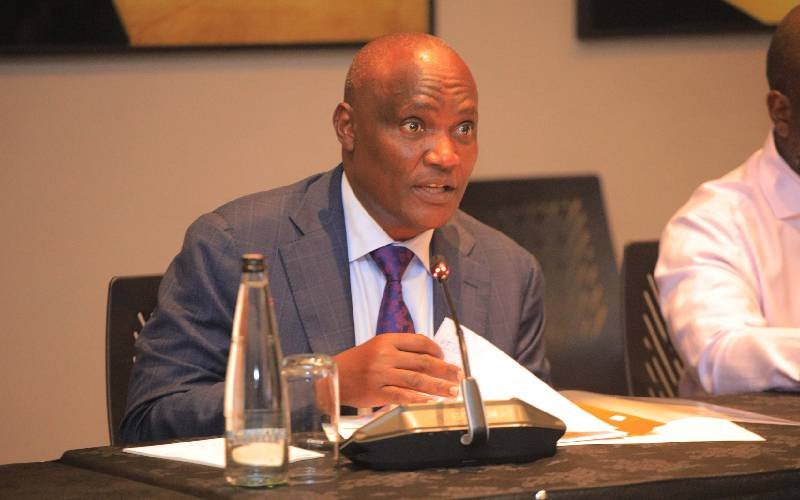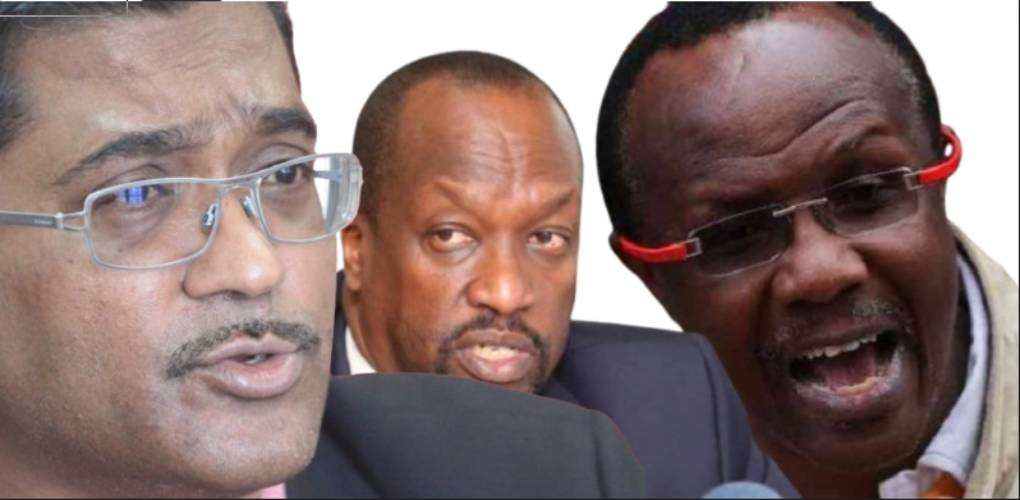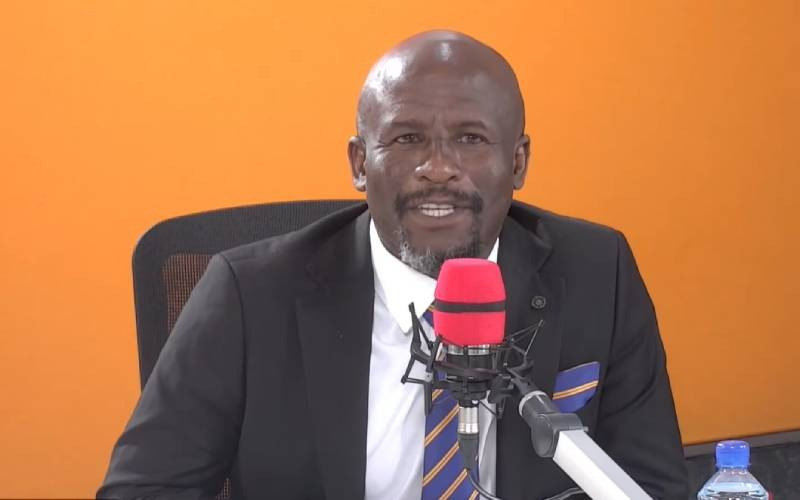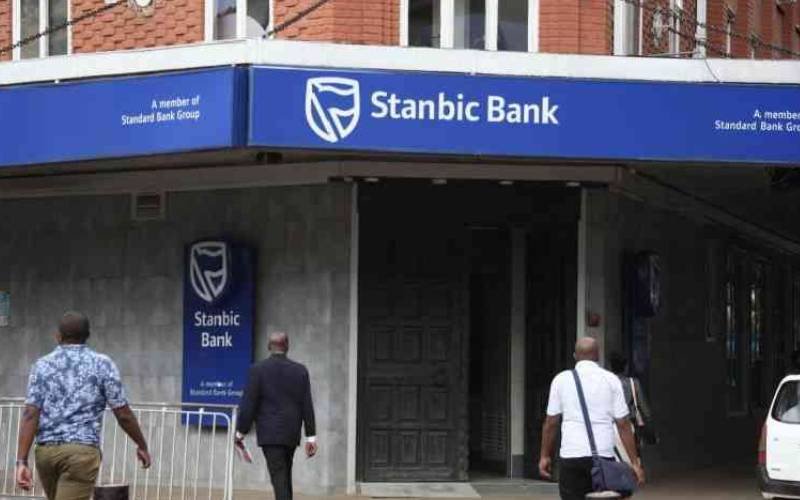×
The Standard e-Paper
Home To Bold Columnists

Following a scale-down in budgetary allocation for the public health sector in the recently tabled national budget, the government has released revised medical scheme rates that will see Kenyans dig deeper into their pockets for medical services.
Pregnant women seeking delivery are some of the most affected.
